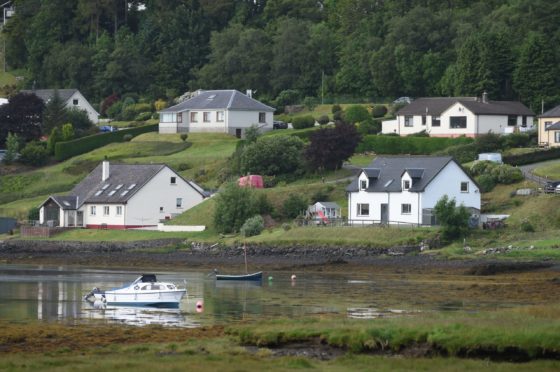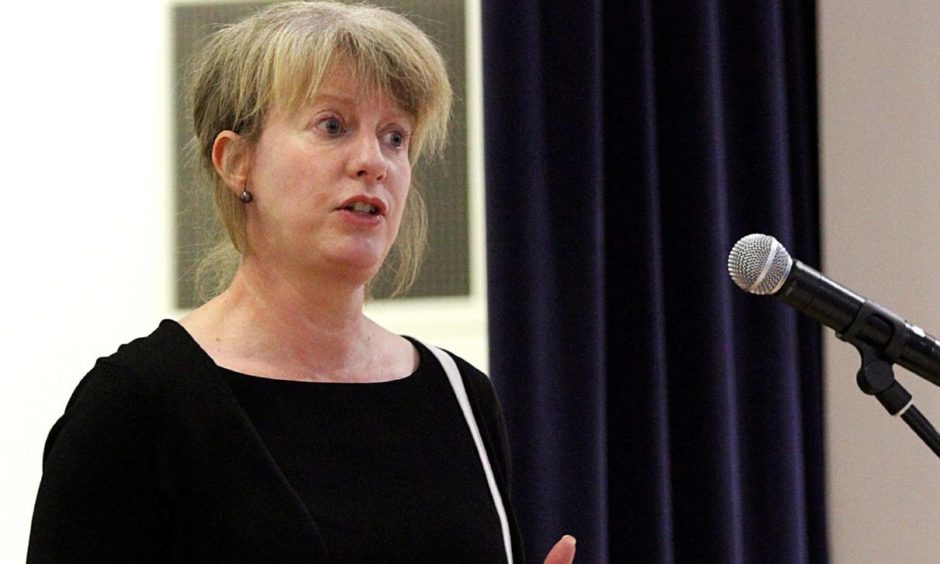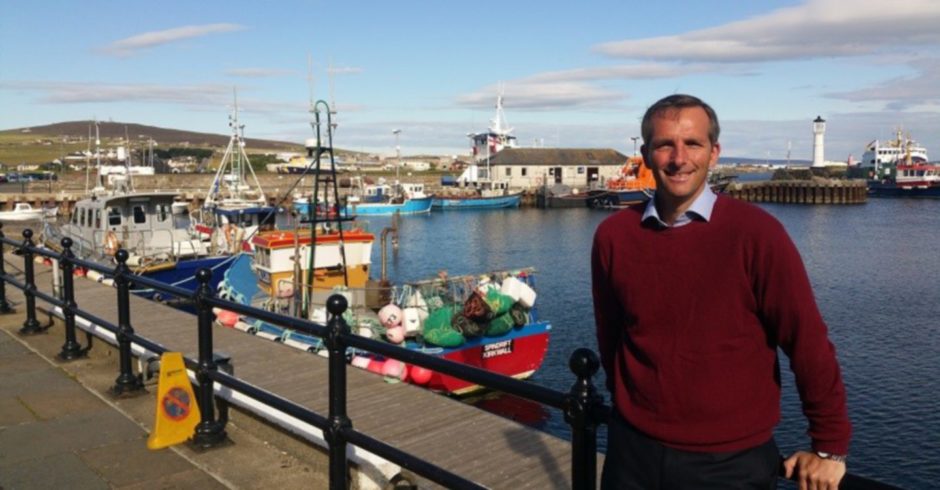Proposals by the Scottish Government to license the self-catering industry will be the most harmful thing “aside from coronavirus” to Scotland’s tourism industry, it has been warned.
A number of industry bodies have called for a regulation scheme for self catering and bed and breakfast business owners, who fear “crippling” costs and an inability to plan for the future under the Government’s current proposals.
Asked in parliament on Wednesday, cabinet secretary for social justice, housing and local government Shona Robison said the government would instead move ahead with the licensing scheme — dubbed by industry bodies as “damaging” to the country’s tourism industry.
The Association of Scotland’s Self-Caterers (ASSC) believes a “more targeted and bespoke” registration scheme would be “most proportionate” for the business owners and the tourism industry in general.
During portfolio questions on Tuesday, responding to Lib Dem MSP Liam McArthur, Ms Robison said the proposed registration scheme would not protect guests, property neighbours or local communities as well as the government’s scheme using the Civic Government Act would.
What the Scottish Government are proposing will materially damage tourism in Scotland.”
Fiona Campbell, CEO of the Association of Scottish Self-Caterers
Mr McArthur said: “In the last session the government’s licensing order was widely criticised as being unfit for purpose. It was withdrawn at the eleventh hour with the government committing to respond to stakeholder concerns.
“Given the wide range of business and tourism bodies with members in island and rural communities that support the proposal put forward by the Association of Scotland’s Self Caters for a mandatory registration scheme for short term lets, can the cabinet secretary advise what consideration, she has given to such a proposal, and the timeframe for bringing forward revised regulations.”
Ms Robison responded: “It is worth saying at heart of the licensing scheme is a set of mandatory standards for all short term lets, which are geared to help to protect safety of guests and neighbours across Scotland and that is why they were brought in the first place because of the concerns that were being raised.
“Many hosts will already be following these standards as a matter of compliance with existing law, or best practice and we don’t consider them to be onerous.
“We did consider registration as part of our 2019 consultation and having considered the findings of the consultation and research we announced in January 2020 that we would proceed with a licencing scheme using powers under the Civic Government Scotland Act 1982
“Registration does not offer the same protection to guests, neighbours and local communities as licencing does.
“In terms of timescale I expect to be able to provide a further update on progress with the legislation shortly, once the relevant committee has been established and the convener appointed.”
Labour MSP Colin Smith asked if a “more flexible approach” would be considered allowing local authorities to consider whether they needed a licensing approach to tackle any potential problems in their areas.
Ms Robison said councils had been involved in discussions surrounding the scheme and would set the cost the fees in establishing and administering the scheme, but that it would be rolled out nationally.
Tourism body “extremely concerned”
Fiona Campbell, chief executive of the ASSC said the government’s plans were the biggest threat to tourism after covid.
She said: “What the Scottish Government are proposing will materially damage tourism in Scotland.
“Regulating the self catering industry like this will not be the same as it is for alcohol or taxi licensing.
“It is not proportionate or fair for our sector.
“We are not against regulation, and our proposals would not hurt the tourism industry but benefit it.
“The Scottish Government really needs to look at what they are doing to us.”
She added: “We are extremely concerned that the Scottish Government’s plans to introduce short-term let licensing will materially damage the position of the Scottish tourism sector.
“The ASSC have put forward a more targeted and bespoke response through the introduction of a registration scheme, with mandatory health and safety criteria as the most proportionate and achievable for Scotland.
“It is important to note that our proposal has an unprecedented level of cross-industry support, from traditional operators, trade associations and online platforms who, despite representing different stakeholders, stand united in their support for this approach.
“Given the huge economic impact of short-term letting in Scotland, we believe it is vital that these regulations are viewed in a holistic context – not just for the housing directorate – but one encompassing tourism, economy and covid-19 recovery.”


